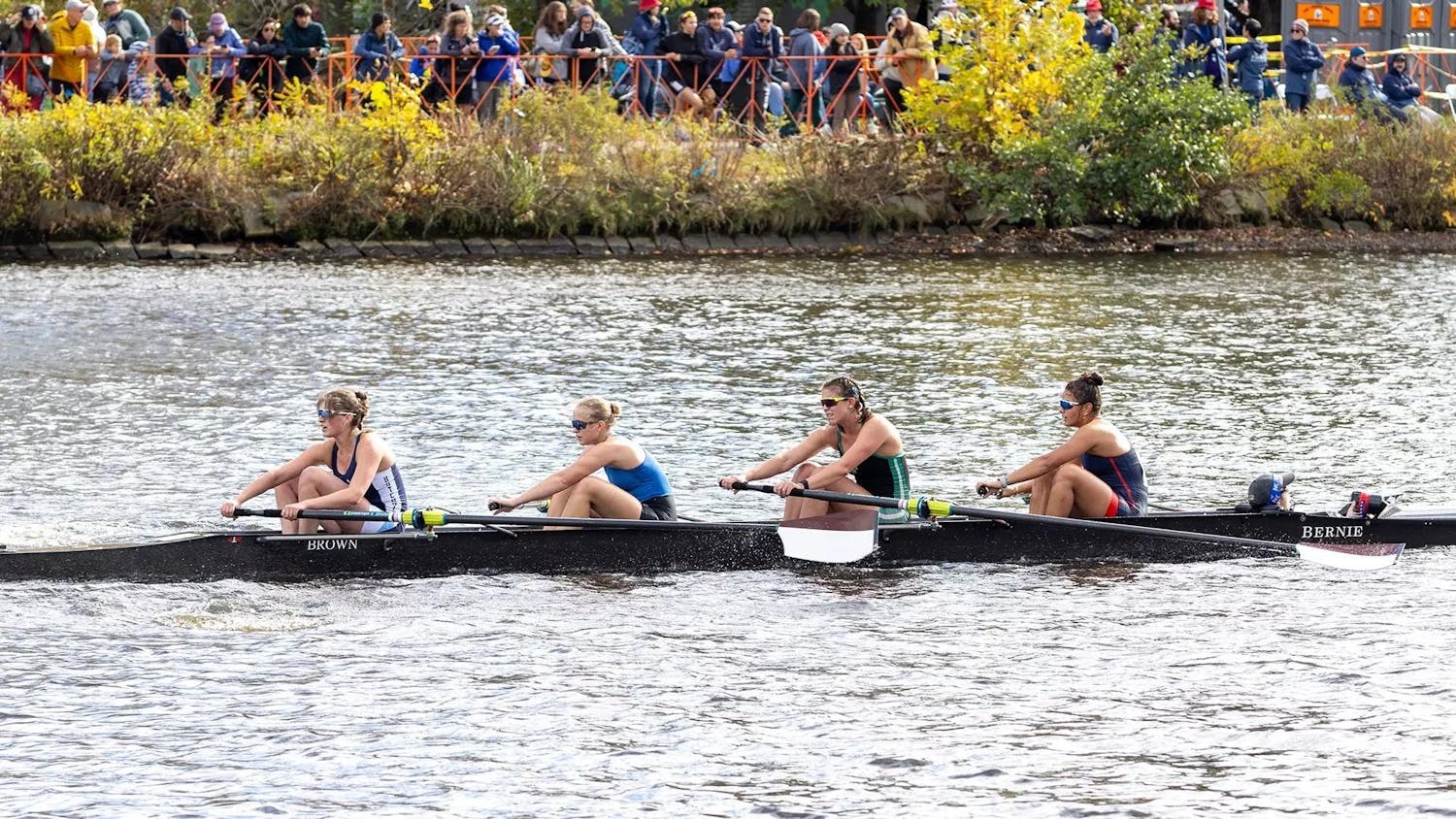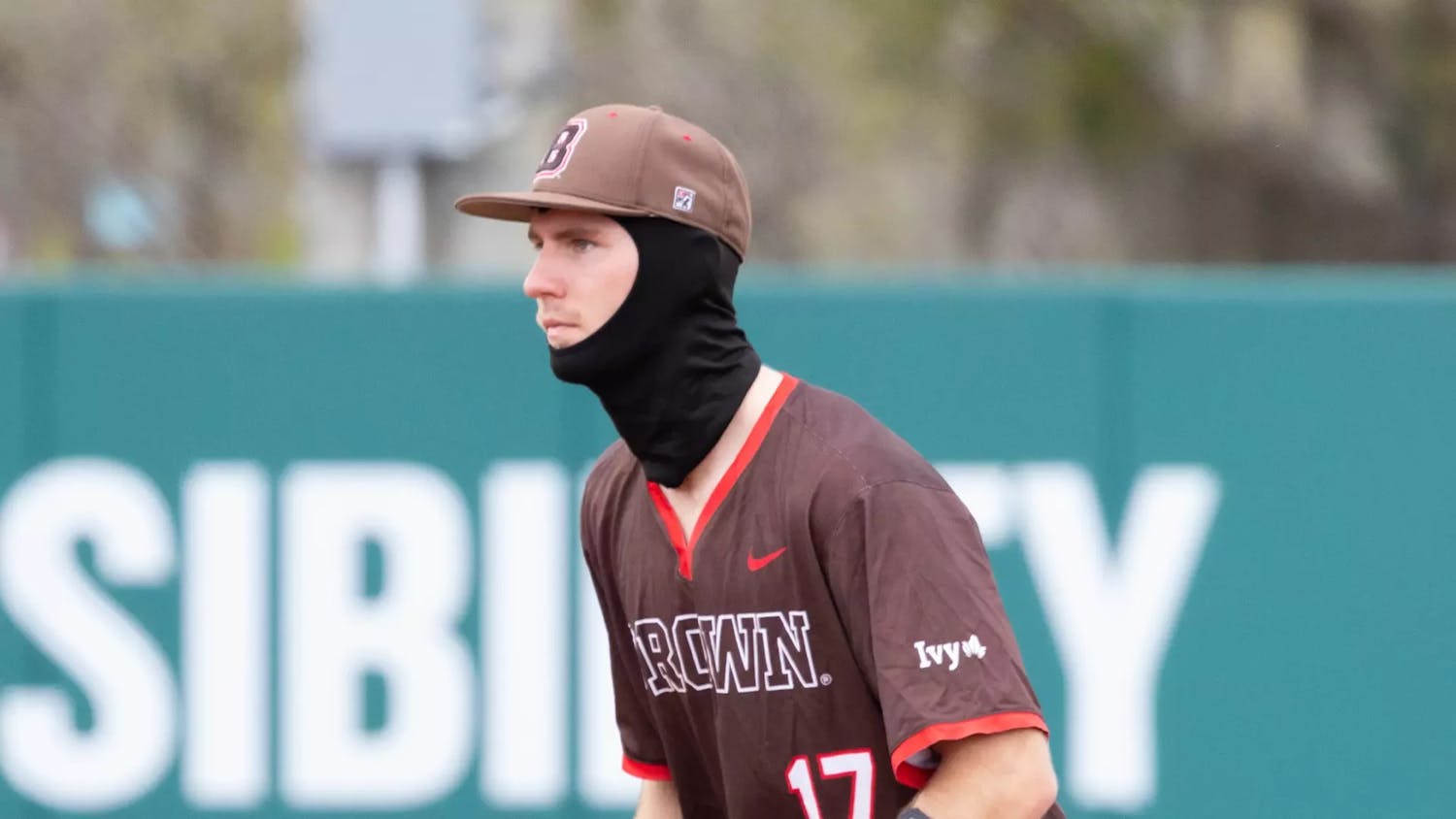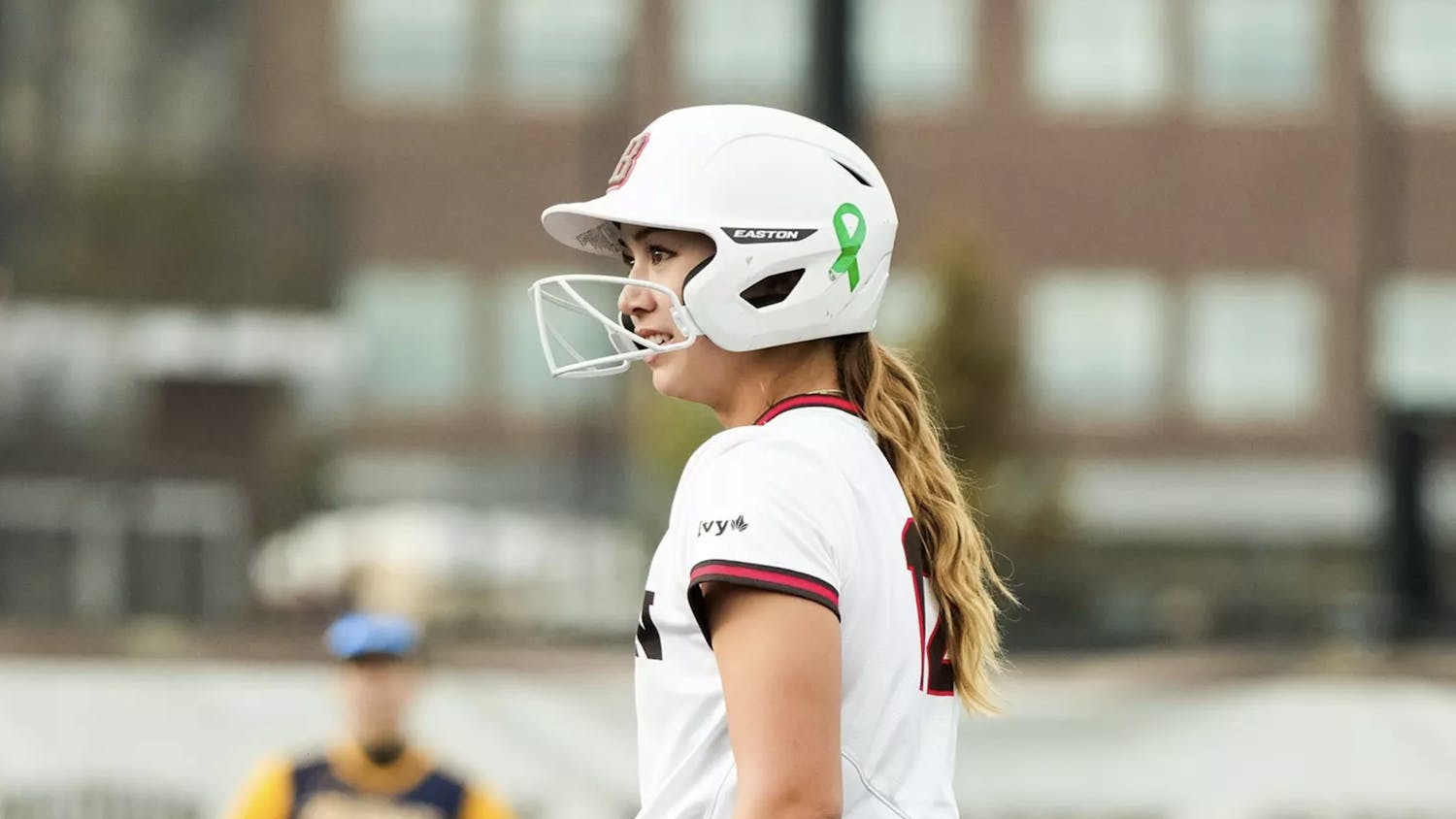The day after the Patriots’ miraculous Super Bowl LI win, Boston Globe columnist Dan Shaughnessy posed the question of whether this Super Bowl victory was Boston’s greatest sports story. He, like many, narrowed down the contest for this prize to the 2016 Patriots Super Bowl comeback and the 2004 Red Sox postseason, which included coming back from down three games to none against the Yankees in the American League Championship Series and ending an 86-year title drought.
The Red Sox’s World Series win was unequivocally the greatest story in Boston sports history. The context in which the events transpired, the drama surrounding the Red Sox’s comeback against the Yankees and the way the city of Boston responded all make the Red Sox’s run a more compelling story than the Super Bowl comeback.
It is important to differentiate between the greatest story and great sporting events. I am not asking for the greatest moment, the greatest game (which could very well be Super Bowl LI) or the greatest season in Boston sports history. The greatest sports story connects unbelievable events with a history that heightens the drama.
The first criteria that makes the Red Sox’s run greater than the Patriots’ victory is the context in which they were playing for the World Series. As if having an 86-year title drought was not enough, those 86 years were made especially torturous by the amount of times the Red Sox got so close to snapping it, only to be disappointed. They appeared in three World Series in which they lost in Game 7 (1946, 1967 and 1975) and countless other seasons they were felled prior to the Fall Classic, seemingly always by the same foe: the New York Yankees. The Red Sox facing the Yankees in the 2004 ALCS seemed poetic. It served as a chance for the Red Sox to redeem themselves after a heartbreaking loss to the Yankees in the ALCS the year before, as well as an opportunity to finally defeat the Yankees, who had bullied the Sox ever since they traded Babe Ruth in 1919.
The Patriots’ meager history pales in comparison to that of the Red Sox. Though they lost two Super Bowls before winning their first, their initial absence of titles resembles the Chicago Cubs’ curse more than the Curse of the Bambino. For the vast majority of seasons before 2000, the Patriots were, quite frankly, not a good football team. They didn’t tease New England, they just embarrassed their fans. The Patriots also, for all intents and purposes, have no rival. For a while, the rival was whichever team Peyton Manning played for. Some could argue that a rivalry has brewed between the Patriots and New York Jets, but that has always been lopsided. No matchup for the Patriots contains the same mutual animosity that the Red Sox and Yankees had in the early- and mid-2000s. In the postseason this year, the Patriots played three teams that do not have a history of giving them trouble. Though the Steelers at first glance seem like good fodder for rivalry, their record against the Brady-era Patriots is 3-7 and 1-4 in Foxborough. Simply, the contextual drama that Brady’s suspension by NFL Commissioner Roger Goodell added to the Super Bowl does not match the drama that the tantalizing 86-year curse cast on the Red Sox’s 2004 run.
The second criteria that makes 2004 a better story than Super Bowl LI is that the Red Sox comeback was more impressive. In games one through three of the ALCS, the Yankees took the Red Sox’s strongest weapon in each game and neutralized it. In games one and two, they tore apart Curt Schilling then tagged Pedro Martinez for four runs, and in Game three, the Red Sox, who had been a terrific home team all year, were thrashed 19-8 at Fenway. Games four and five were so impressive because they saw the Red Sox trailing going into the eighth inning of both games. In game four, Mariano Rivera, the undisputed greatest closer in the history of baseball, took the mound to face Kevin Millar, who was not having a good series.
The game should have been over. For essentially his whole career, if Rivera took a lead into the ninth, it was game over. Somehow, though, a walk, a stolen base and a groundball up the middle tied the game, but many forget that game was not over. The Yankees had the bases loaded in the bottom of the 11th inning against Curtis Leskanic, who was a mediocre pitcher at best. As we all know, the Red Sox held on to win on a David Ortiz walk-off home run.
The next night was a similar story. The Red Sox trailed when Rivera entered the game in the eighth inning, which is usually a death sentence. But with a sacrifice fly, they drove in a run and proceeded to win in the 14th inning on yet another walk-off by David Ortiz. Coming back against Rivera two nights in a row is unheard of, and, by the numbers, should never have happened. In game six, Curt Schilling took the field with a torn ligament in his foot and blood leaking through his sock and into his shoe. Nationally, that game is simply referred to as the “bloody sock game.” Such a visible sign of guts and grit was simply not matched in the Super Bowl. Sure, the Patriots were down against the Falcons, but they were down against a defense that had accomplished nothing of note all season. They did not have the greatest closer in the history of the game staring them down facing elimination. On top of that, when the Patriots started coming back, Tom Brady had an easy time picking apart the Falcons’ zone defense, whereas the Red Sox came back to win game four but were behind the next night in game five and struggled to escape Game six with a win. The Red Sox were in a more dire situation than the Patriots in the ninth inning of Game four and mounted a more impressive comeback.
The final criteria that makes the 2004 Red Sox story the greatest Boston sports story is something out of the Patriots’ control. Baseball’s postseason happens very sluggishly, which often leads to boredom in lopsided games and series. But in the case of the 2004 ALCS and World Series, the long games and the time between each game served to draw more and more people to the extraordinary events that were unfolding. This story picked up momentum like no other story, sport or otherwise, in my lifetime in Boston. The whole city was in a two-week frenzy. Super Bowl LI happened too quickly to infect the whole region like the Red Sox did. People were shocked by the Patriots, but the shock and surprise lasted only for one night, whereas the days of emotional ups and downs and the dramatic events that led to the Red Sox’s World Series Championship in 2004 lasted for weeks and drew people closer to the events.
While Boston sports fans have been blessed to have witnessed some of the great stories in the world of sports, these two games are unmatched. While the Patriots’ Super Bowl LI championship loses out to the Red Sox’s 2004 World Series run — as most every story will — the city of Boston needs to take a step back and appreciate how rare it is to have so many great moments, stories and seasons transpire in one city.
Charlie Blasberg ’18 can be reached at charles_blasberg@brown.edu. Please send responses to this opinion to letters@browndailyherald.com and other op-eds to opinions@browndailyherald.com.




